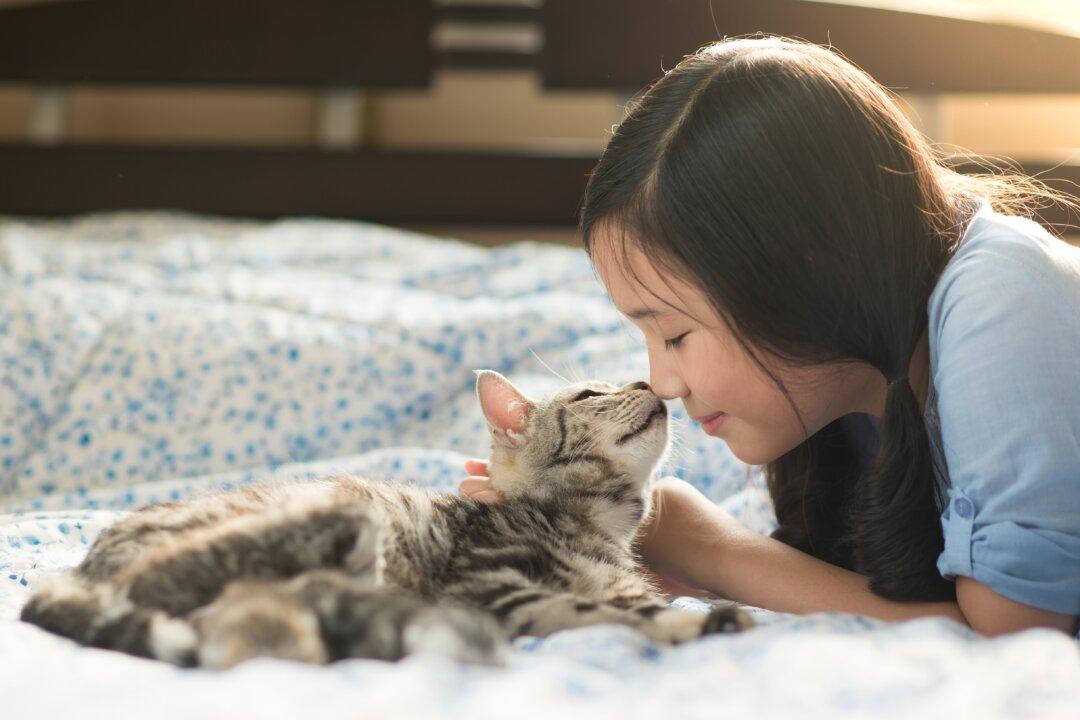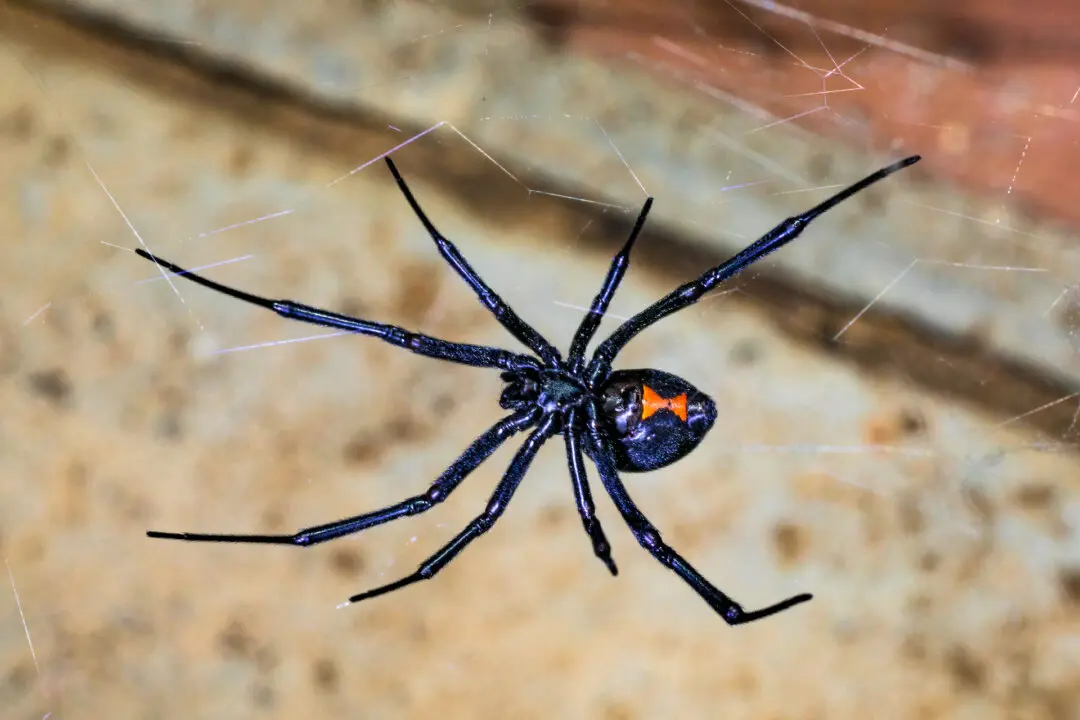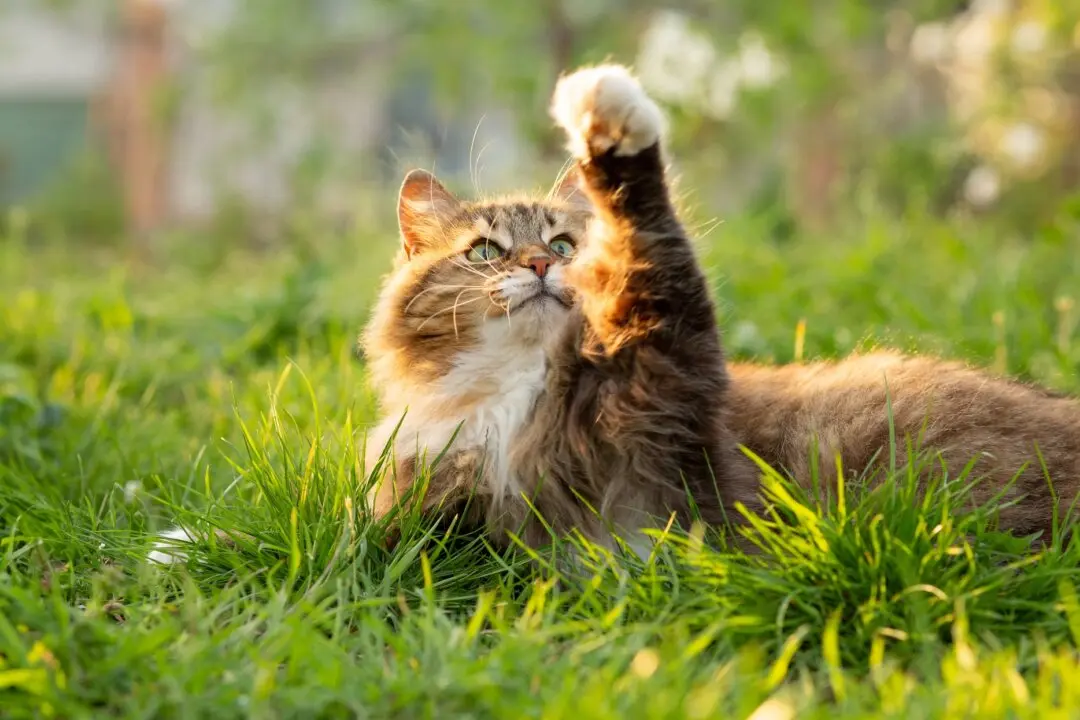Q: I have a compromised immune system, and I want to adopt a cat. What do I need to know about protecting my health?
A: Many people are immunocompromised because of physiologic factors like pregnancy or extremes of age, metabolic conditions such as diabetes, infectious diseases like HIV, or treatment with immunosuppressant drugs for autoimmune diseases, cancer, or organ transplantation.





